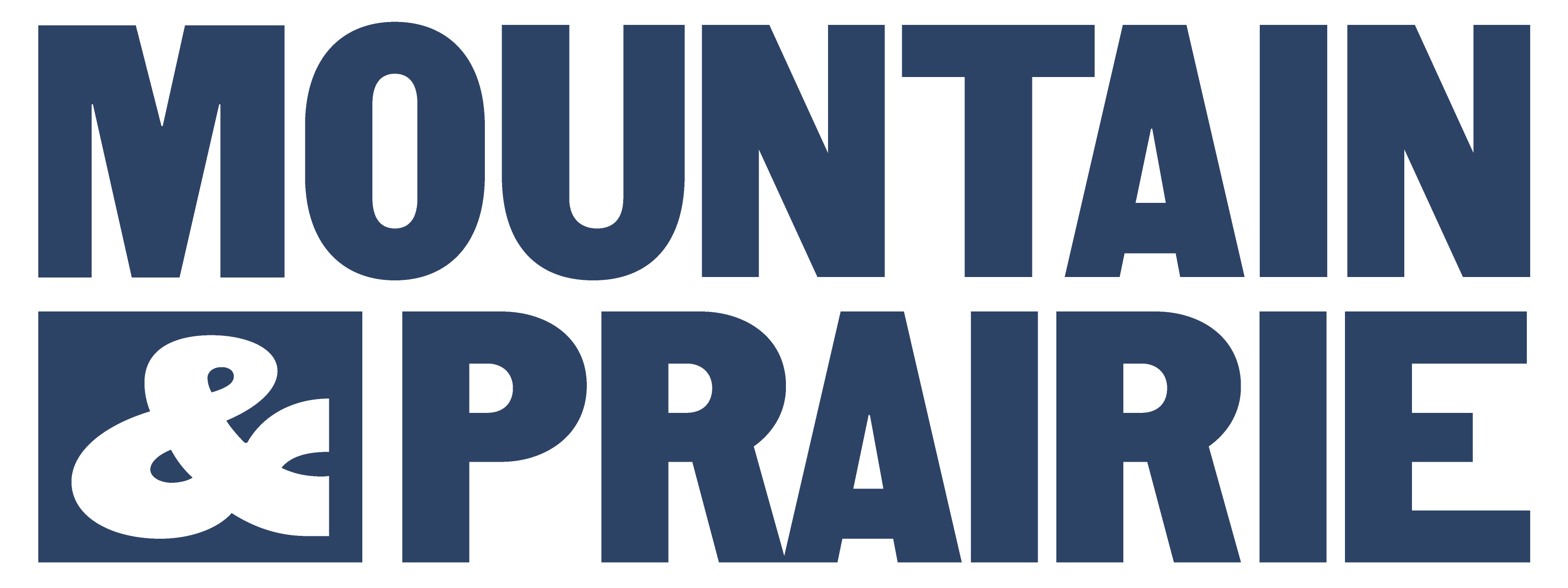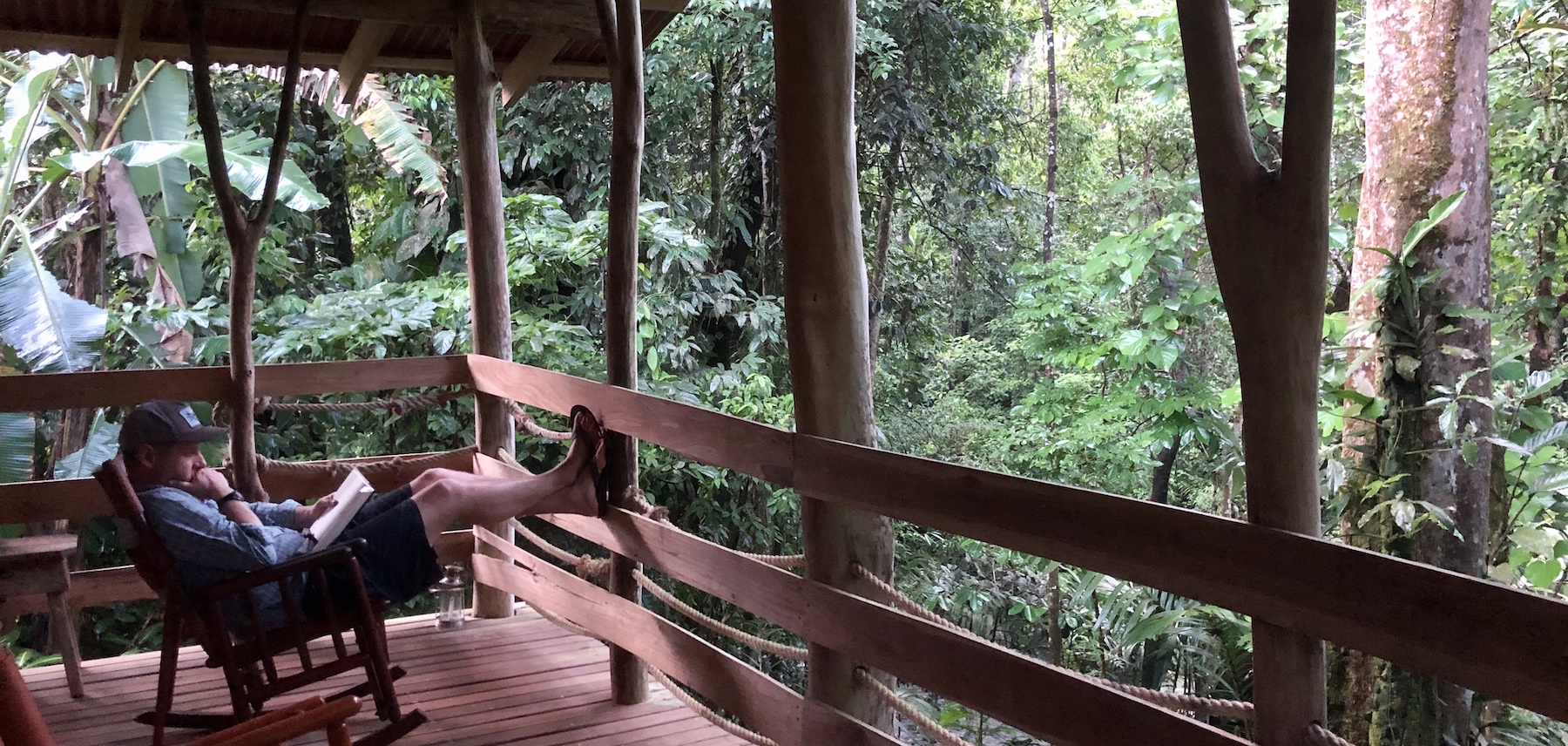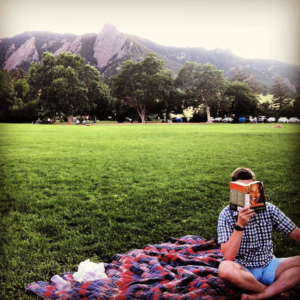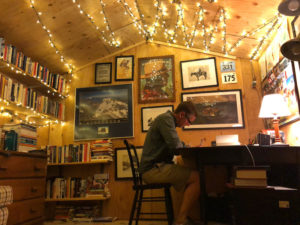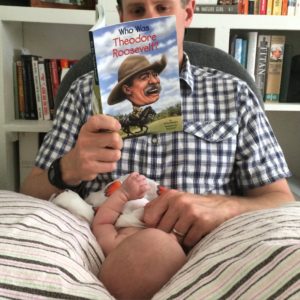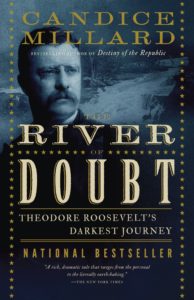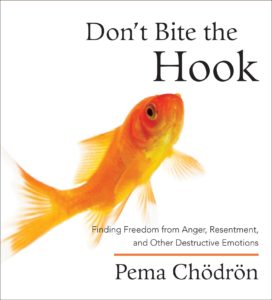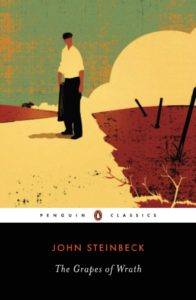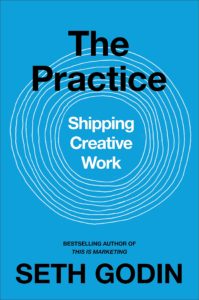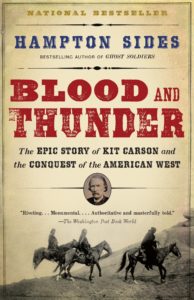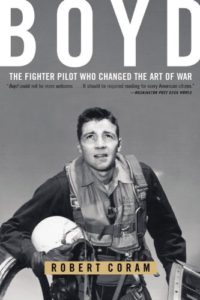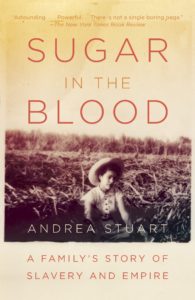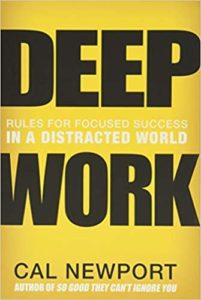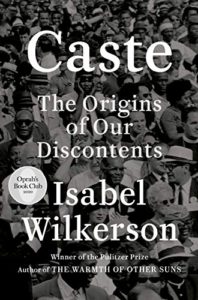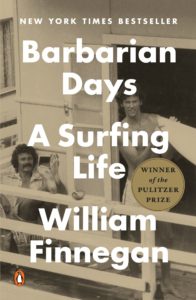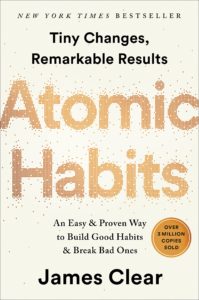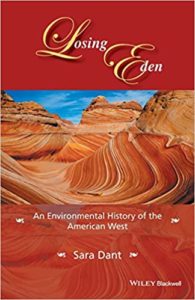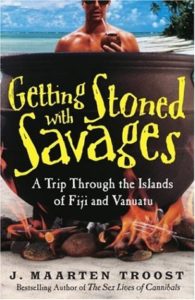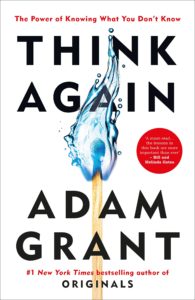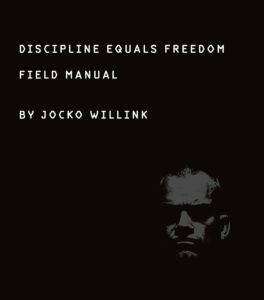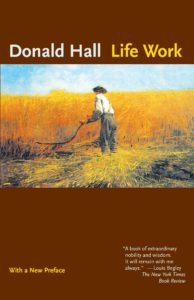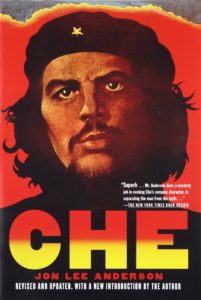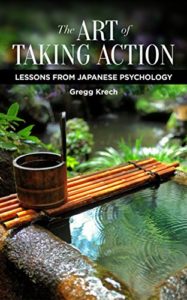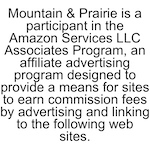A brief history of how and why reading became so important to me, followed by 18 specific book recommendations and the lessons learned from each. If you want to skip my rambling and go straight to the books, jump on down to Part 2.
Part 1: The Backstory
I’ve always enjoyed reading but didn’t take it seriously until the ripe old age of 31. Back then, my wife and I had recently moved to Costa Rica, where I didn’t have a cell phone, internet access was sporadic at best, and our half-broken television only beamed in three channels. My hyperactive brain has always needed near-constant stimulation, so reading books was my only real option for intellectual input.
So I began reading, and reading a lot.1
I first went down a rabbit hole of Theodore Roosevelt biographies, which only reinforced my obsession with reading—TR read at least a book a day, even while President. Then I dug deep into subjects I would’ve never previously read for leisure—the history of Central America, critiques of US financial markets, new-to-me ideas on spirituality, obscure travelogues, and the occasional novel. This was before e-books were a thing, so I’d borrow books from my wife’s coworkers and beg our friends visiting from the US to load up their suitcases. Whatever I could get my hands on, I would read.
And an unexpected thing began to happen: The more I read, the less I knew. With each book completed, I realized that many of my closely held ideas and beliefs were built on an intellectual foundation that was shaky at best, uninformed and ignorant at worst. Most of what I “knew” was based on nothing more than the influence of communities I had found myself in by happenstance and/or my place of birth—not on a wide array of diverse and well-informed nuanced perspectives. It became clear that, despite being “well-educated,” I had only been operating with a small fraction of the available information. I had so much more to learn.
When I reflect back to those 12 months in Costa Rica, I think of it as the year I “woke up.” Before moving down there, I’d never really traveled internationally, so immersing myself in a foreign culture shook me up in a good way. That was also our first year of marriage, and my wife’s level-headedness, astonishing brainpower, and compassionate questioning rubbed off on me. And after layering on the hundreds of new ideas from dozens of mind-expanding books, I can confidently say that I returned to the US at the end of that year a much different, much better person—more curious, more humble, and more sure of just how little I actually knew.
In the years since, I’ve continued to approach reading with a level of seriousness that could rightly be described as weird and/or obsessive. I have no dreams of being a Jeopardy champ, so I’m not interested in gathering information for information’s sake. But I unabashedly seek out wisdom, and I’ve found books to be the most efficient wisdom-delivery system on earth.2 While I have long since forgotten much of the specific information in the books I’ve read, many of their overarching lessons remain firmly embedded in my brain, serving as a trusted guide through this increasingly nutty world.
Here and now, at age 44, I’m very happy (and relieved) with how things are working out both professionally and personally. But I often wonder “What if I’d started reading seriously at age 18?” Could I have saved myself many of the headaches and idiotic mistakes that I made from age 18-30? Would I have moved out West sooner? Quit that bullshit job at Merrill Lynch sooner? Skipped the college-years sloppiness and more quickly committed myself to the doctrine of the Strenuous Life? Would I have voted differently? Traveled more? Ditched the boring acquaintances? Worked harder to find what TR called “work worth doing”?
Who knows.
But if I could talk to my 18-year-old self, my advice would be simple: Commit to serious reading, and commit to it NOW. Not reading for good grades, but reading for life, for yourself. Read books that make you uncomfortable, books whose ideas fly in the face of everything you’ve been taught. Gather as much information and as many perspectives as possible, then make up your own mind. Don’t be a contrarian or a know-it-all asshole, but respectfully question everything. Read to understand just how much you don’t know. Fully commit to curiosity, which will produce genuine humility, which is an invaluable personality trait, especially these days.
“Okay, you know-it-all, white-haired old man, what the hell should I read?” my 18-year-old self may ask. And I’d respond aggressively: Start with the titles below, smart ass! Not for the facts and figures on their pages—you’ll eventually forget most of that stuff. But for the larger life lessons that each book imbues. And when you finish these 18, follow your newfound curiosity and pick 18 more. Read those, then repeat. Do not stop.
—
So, I’ll be right here, waiting around for time travel to become a reality so I can take this list back to 1996.3 But until then, I hope you, kind human who has read this far, will enjoy reading a few of these titles and perhaps learn a lesson or two in the process.
Part 2: The Books & Lessons
(in no particular order)
The River of Doubt: Theodore Roosevelt’s Darkest Journey by Candice Millard [Amazon | Bookshop]
Lesson: You will be surprised at how much you can fit into a day/week/month/year with adequate focus and enthusiasm.
Don’t Bite the Hook: Finding Freedom from Anger, Resentment, and Other Destructive Emotions by Pema Chodron [Amazon | Bookshop] This is an audiobook only.
Lesson: You are not at the mercy of your crazy-ass mind.
The Grapes of Wrath by John Steinbeck [Amazon | Bookshop]
Lesson: The “American Dream” is not as simple as you have been led to believe.
The Practice: Shipping Creative Work by Seth Godin [Amazon | Bookshop]
Lesson: Produce creative work, put it out into the world, repeat. And start right now.
Blood and Thunder: The Epic Story of Kit Carson and the Conquest of the American West by Hampton Sides [Amazon | Bookshop]
Lesson: A master storyteller can make even the densest topics accessible and endlessly fascinating.
Boyd: The Fighter Pilot Who Changed the Art of War by Robert Coram [Amazon | Bookshop]
Lesson: True innovators rarely adhere to social norms and/or the professional status quo.
Sugar in the Blood: A Family’s Story of Slavery and Empire by Andrea Stuart [Amazon | Bookshop]
Lesson: The “history” you were taught in school left out most of the story. Ask yourself why, then proactively seek out the missing pieces.
Deep Work: Rules for Focused Success in a Distracted World by Cal Newport [Amazon | Bookshop]
Lesson: The ability to focus is a superpower.
Caste: The Origins of Our Discontents by Isabel Wilkerson [Amazon | Bookshop]
Lesson: Your life experience would be vastly different, likely unrecognizable, had you been born with different colored skin.
Barbarian Days: A Surfing Life by William Finnegan [Amazon | Bookshop]
Lesson: Adventure and travel will make your life infinitely richer. Also, start surfing immediately.
Atomic Habits: An Easy & Proven Way to Build Good Habits & Break Bad Ones by James Clear [Amazon | Bookshop]
Lesson: There are few things more powerful than consistent, small actions over an extended period of time.
Losing Eden: An Environmental History of the American West by Sara Dant [Amazon | Bookshop]
Lesson: There’s a lot more to the American West than cowboys and Indians, mountain climbing and fly fishing.
Getting Stoned with Savages: A Trip Through the Islands of Fiji and Vanuatu by J. Maarten Troost [Amazon | Bookshop]
Lesson: Despite what the university’s career services people tell you, it is perfectly acceptable, perhaps even advisable, to pick up and move to a developing country immediately after grad school.
Think Again: The Power of Knowing What You Don’t Know by Adam Grant [Amazon | Bookshop]
Lesson: Do not become “stuck in your ways”—that’s a miserable approach to life. Cultivate curiosity, develop a perpetually open mind, and remain intellectually humble.
Discipline Equals Freedom: Field Manual by Jocko Willink [Amazon | Bookshop]
Lesson: Discipline is the foundation upon which all success is built. Self-discipline is difficult and there are no shortcuts.
Life Work by Donald Hall [Amazon | Bookshop]
Lesson: There are plenty of people out there who are truly obsessed with their work and love it. Make every effort to surround yourself with those kinds of people.
Che: A Revolutionary Life by John Lee Anderson [Amazon | Bookshop]
Lesson: The difference between hero and villain is all a matter of perspective.
The Art of Taking Action: Lessons from Japanese Psychology by Gregg Krech [Amazon | Publisher’s Site]
Lesson: If you are feeling anxious/unsure/depressed/angry/worried, quit ruminating and take action NOW.
Notes
1 Looking back, it was actually kind of weird how much I read. It could possibly be classified as “obsessive.” For better and/or worse, my default personality setting is all-or-nothing.
2 Experience delivers wisdom most effectively, but it’s not necessarily efficient. Substantive conservations with wise people is another way to gain wisdom, which is exactly why I started my podcast.
3 Since many of these books were published post-1996, I’d technically have to take the physical books with me as well, assuming there’s room in the Delorean.
If you enjoy these kinds of posts, please consider supporting Mountain & Prairie via Patreon. Support options start at as little as $2 per month!
